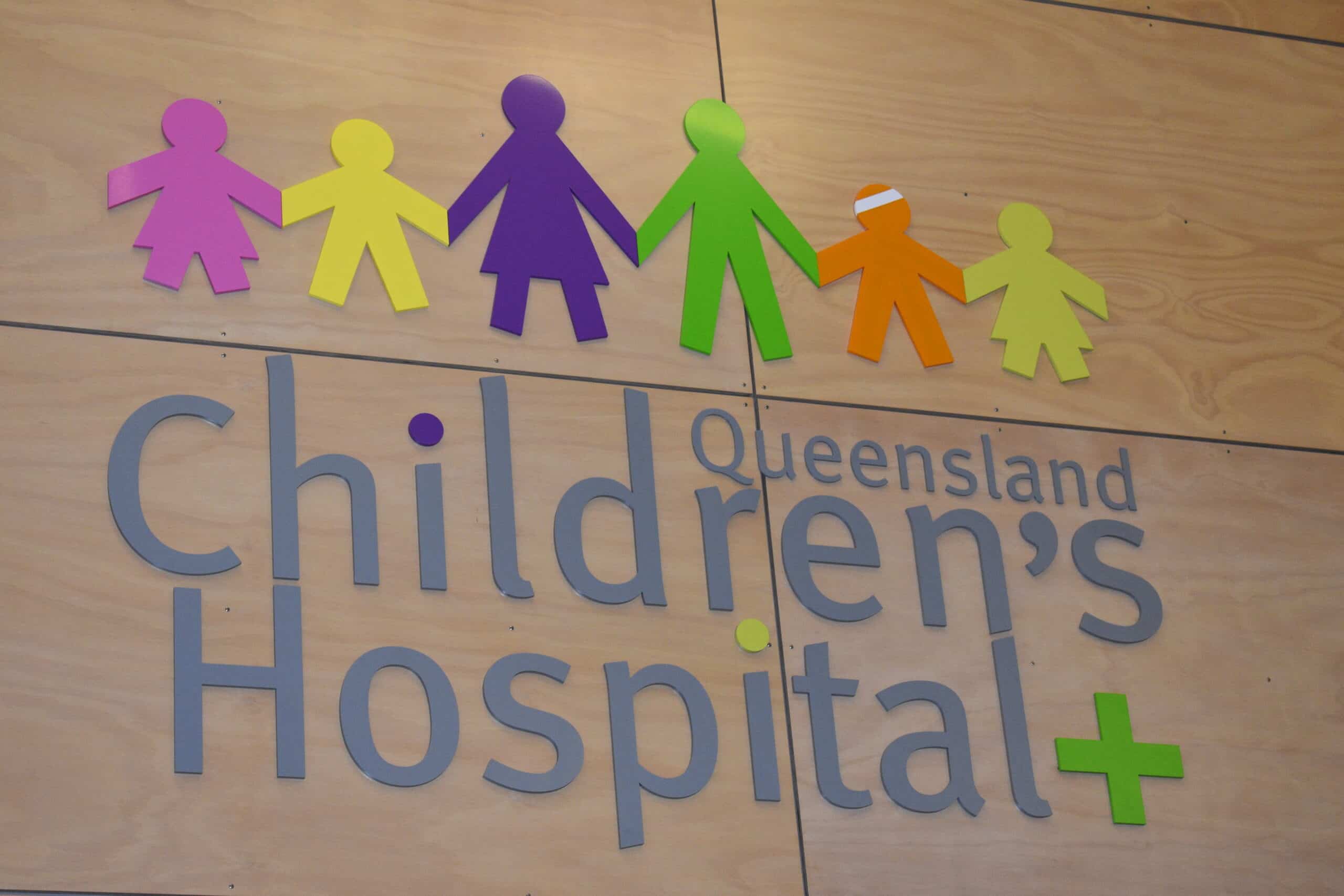Prevention of epilepsy in infants with TSC in the EPISTOP trial
Aims of the study
Epilepsy develops in 70-90% of children with Tuberous Sclerosis Complex (TSC) and it is often resistant to medication. Currently, epilepsy is diagnosed after the onset of seizures. This study investigated the potential benefits of early (preventive) treatment with vigabatrin to prevent TSC-related seizures.
About this study
This study was part of the EPISTOP project (Long‐Term, Prospective Study Evaluating Clinical and Molecular Biomarkers of Epileptogenesis in a Genetic Model of Epilepsy–Tuberous Sclerosis Complex). This was a multi-centre study across 9 sites in Europe and 1 site in Queensland, Australia.
In the majority of individuals with TSC, clinical seizures are preceded by epileptiform activity (EA) and then electrographic seizures (ES) that whilst being asymptomatic, can be seen as abnormal activity on an electroencephalography (EEG).
In the study infants aged 4 months or less who had a definite TSC diagnosis but no epilepsy (no prior clinical seizures and no ES on baseline video EEG) were enrolled and monitored by video EEG. The occurrence and frequency of seizures were also captured by caregiver’s diaries. When early signs of epilepsy (EA) were seen on EEG, approximately half the infants received preventive treatment with vigabatrin and half received conventional treatment, meaning no vigabatrin was administered until after the onset of seizures.
The dosage of vigabatrin was 100-150mg/kg/day. Treatment continued up until the age of 24 months. 79 patients completed the trial.
Outcomes of the study
Preventative vigabatrin significantly delayed the onset of clinical seizures without any major treatment-related adverse events. By age 2 years, clinical seizures developed in only 52% of those receiving preventive vigabatrin, compared with 84% of those receiving conventional treatment.
The frequency of drug‐resistant epilepsy was also significantly lower in patients receiving preventive treatment at the age of 2 years.
None of the children who received preventive treatment developed infantile spasms throughout the two year course of the study, in contrast to 10 of the 25 receiving conventional treatment (40%).
The incidence of neurodevelopmental delay by the age of 2 years was slightly lower in the group taking preventive treatment than in the conventional treatment group, but the difference was not significant. The neurodevelopmental outcomes of both groups was better than historically seen in infants with TSC at this age, with no patients having severe neurodevelopmental impairment at age 2 years. As all patients in this study had frequent clinical, developmental and EEG surveillance, both groups likely had more proactive care, which may have narrowed any difference with respect to developmental outcomes at age 2 years.
Why is this study important?
Until recently, conventional practice was to inform parents of infants with TSC about the risk of seizures and ask them to seek referral to a neurologist when seizures occurred. However, because the first seizures in TSC are often very subtle, they are frequently missed by caregivers and so this can result in significant delays in diagnosis and treatment.
This is a ground-breaking study not only for TSC, but for epilepsy in general because it is the first time preventive treatment for any form of epilepsy has been shown to be beneficial in a randomized clinical trial.
Conclusion
In this study, preventive antiepileptic treatment with vigabatrin, introduced at the onset of EA seen on EEG and before the onset of seizures, delayed the onset of epilepsy, reduced the risk of seizures, reduced the frequency of drug-resistant epilepsy and prevented infantile spasms in infants with TSC.
This study has shown that preventive treatment with vigabatrin was safe and modified the natural history of seizures in TSC, reducing the risk and severity of epilepsy.
Kotulska, K., Kwiatkowski, D. J., Curatolo, P., Weschke, B., Riney, K., Jansen, F., … & EPISTOP Investigators. (2020). Prevention of epilepsy in infants with Tuberous Sclerosis Complex in the EPISTOP trial. Annals of neurology.
Full paper available at: https://onlinelibrary.wiley.com/doi/10.1002/ana.25956
DISCLAIMER
This information is intended to provide some insights into recent TSC-related research. It is not intended to, and it should not, constitute medical or other advice. Readers are warned not to take any action without first seeking medical advice.

